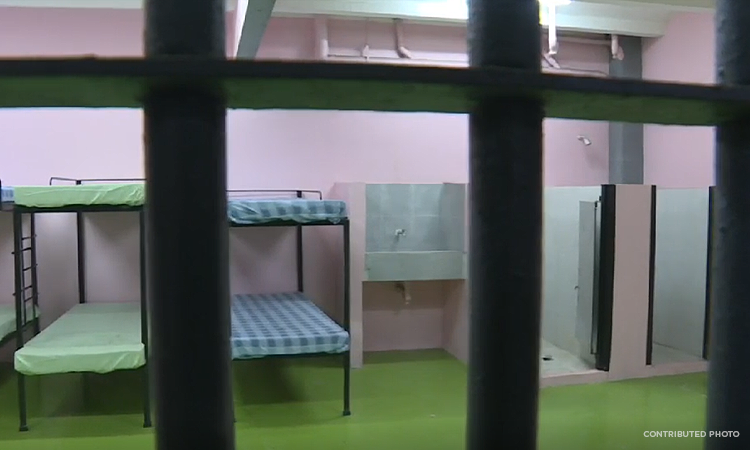NSC pushes aging anti-spy law changes amid intelligence threats
Metro Manila, Philippines — An aging law has to be updated as the country faces new security threats more than 80 years since it was enacted, the National Security Council (NSC) said
In a statement, NSC Adviser Eduardo Año noted the urgency of updating the espionage act and passing a new bill aimed at countering foreign influence.
“We urge Congress to prioritize the passage of the amendments to the Espionage Act as well as the Countering Foreign Interference and Malign Influence bill. Strengthening our legal framework is essential to effectively address evolving security threats and to ensure that those who seek to compromise our national security will face the full force of the law,” Año said.
The law to “punish espionage and other offenses against the national security” was enacted in the pre-war era when the Philippines was still a commonwealth of the United States in 1941.
The NSC statement came in the wake of the recent arrest of a Chinese national and two Filipino accomplices in sophisticated surveillance, espionage, and intelligence-gathering activities within the country.
“The arrest of these individuals is a stark reminder of the persistent threats posed by foreign interference and malign influence to the country,” the council added.
Senator Risa Hontiveros, who previously led investigations into offshore gaming operators (POGOs), echoed the NSC call and pushed for amendments to the law.
“Habang patuloy na pabalik-balik ang ‘monster ship’ ng Tsina sa West Philippine Sea, dapat matiyak ng ating gobyerno na hindi natin hahayaan lang na napapaligiran na tayo ng mga espiya,” she said.
[Translation: As China’s ‘monster ship’ continues to enter the West Philippine Sea, our government must ensure that we do not allow ourselves to be surrounded by spies]
“I have long flagged the possible presence of Chinese spies, especially when the visa upon arrival scheme was implemented at the Bureau of Immigration, which resulted in the ‘pastillas scam.’ A lot of Chinese nationals entered the country without proper immigration checks because of this,” she added, referring to a bribe scheme in the Immigration Bureau that allows easy access for foreigners.
Meanwhile, Senator Jinggoy Estrada, committee on national defense and security chairperson, is leading discussions on the proposed amendments to the espionage laws.
"Given the significant changes in national defense and security over the years, it is important to review and update these policies to ensure they are relevant to the current landscape," Estrada said in October.





